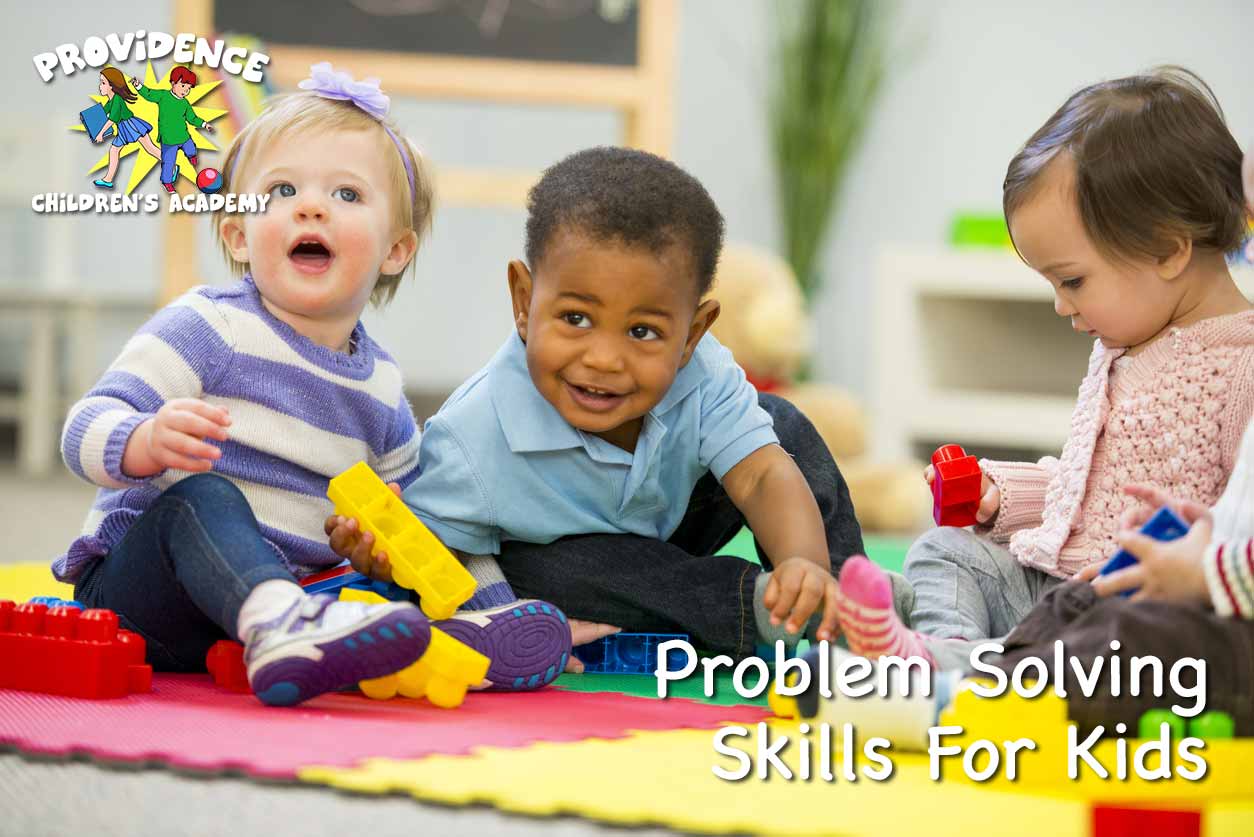
Teaching children about problem solving is very important, because we as parents won’t be able to be around our kids 24/7 to ensure that they deal with conflict and problems effectively. Essentially, problem solving is about your children’s emotions and how they deal with these effectively – navigating through a problematic situation need not be a headache for you and your child. What follows are guidelines to help you teach problem-solving skills for kids to your little one, classified by age group. Trying them out will be informative for both you and your child!
Problem-Solving For 3 To 5 Year Olds
At this early age, your child is still learning how to manage and control their emotions. Understandably they will need guidance as to how to go about feeling what they are feeling, why they are feeling this way, and what can be done about this feeling. It is important to note that you need to teach your children that no emotion is bad – even if the emotion feels uncomfortable, it is there as a guide to help them get to the next problem-solving step. Work it out as a system:
- First, ask what they are feeling: angry, sad, guilty, or another emotion or feeling – naming the emotion is important.
- Then, allow your child to feel the emotion. Walk through their feelings with them so that they can calm themselves down independently of your help, for the next time something similar happens. This process is important as you will not always be around when your child has a playground disagreement, for example.
- Finally, explore the various ways how the emotion that they are feeling can be turned into a good feeling. This is where you allow your child to think of solutions to the problem that they are facing – give minimal input here, remember it’s about teaching them to problem-solve independent of you. It’s also a good idea to incorporate storybooks and other problem solving preschool games that can help with demonstrating this. Think of games that encourage this, like puzzles, building blocks, and dress-up games.
Problem-Solving For Older Children
As your child gets older, teaching them to problem solve gets trickier because their problems get a little more complicated as the years go by. This is why problem solving skills at preschool age is so important.
Children 5 to 7
When kids are about 5 years old you can start to implement a problem-solving “step-by-step” guide, so to speak.
This is not cast in stone, but see it as a roadmap to help both of you work through the problem:
- Ask them what they are feeling. Again, name the emotion.
- Help your child identify what the problem is – encourage him or her to take responsibility for the problem fairly, if that is the case.
- After identifying the problem, try to figure out a solution to the problem. Gather ideas about what can be done about the issue at hand.
- Weigh the pros and cons of each given solution – evaluate their consequences and if they are fair and do-able.
- Finally, pick a solution or two and see how the situation plays out. If one doesn’t work, have them try another one – as long as they are fair! Remember, try to let your child do most of this exploring on their own.
Children 7 to 9
At this age, you want to step back just a little and allow your child to evaluate and solve the problem on their own, being there as a guide only. Encourage them to look at the problem and break it down – ask them what is happening, why this is happening and what can be done about it. Let them give you the answers instead of you giving suggestions, and have them come up with the solutions themselves.
Problem-solving For Pre-teens And Teenagers
This is the age where you want your kids to exercise critical thinking and become more independent. First of all, allow your child to have age-appropriate independence. Let them encounter problems and let them come up with solutions – overprotectiveness will not help your child. If you have a pre-teen, introduce creative play. Let them create their own game with its own challenges and rules. Chess is a great game you can start to introduce to your teenager, as this game encourages problem-solving and critical thinking.
Problem solving for children is critical for their cognitive and social development, and it is up to us as parents to help with this process. Leading by example is one of the best ways we can teach our children anything. Let them see how you handle conflict and problem situations. When you’re tackling a problem of your own, say out loud what you’re feeling and what you’re going to do so that they can learn from you. If the problem is age appropriate, ask them for their advice too, so that they can see that a problem is easy to solve once it’s tackled head-on. Give Providence Children’s Academy a call if you need more information about teaching your child problem-solving skills.
